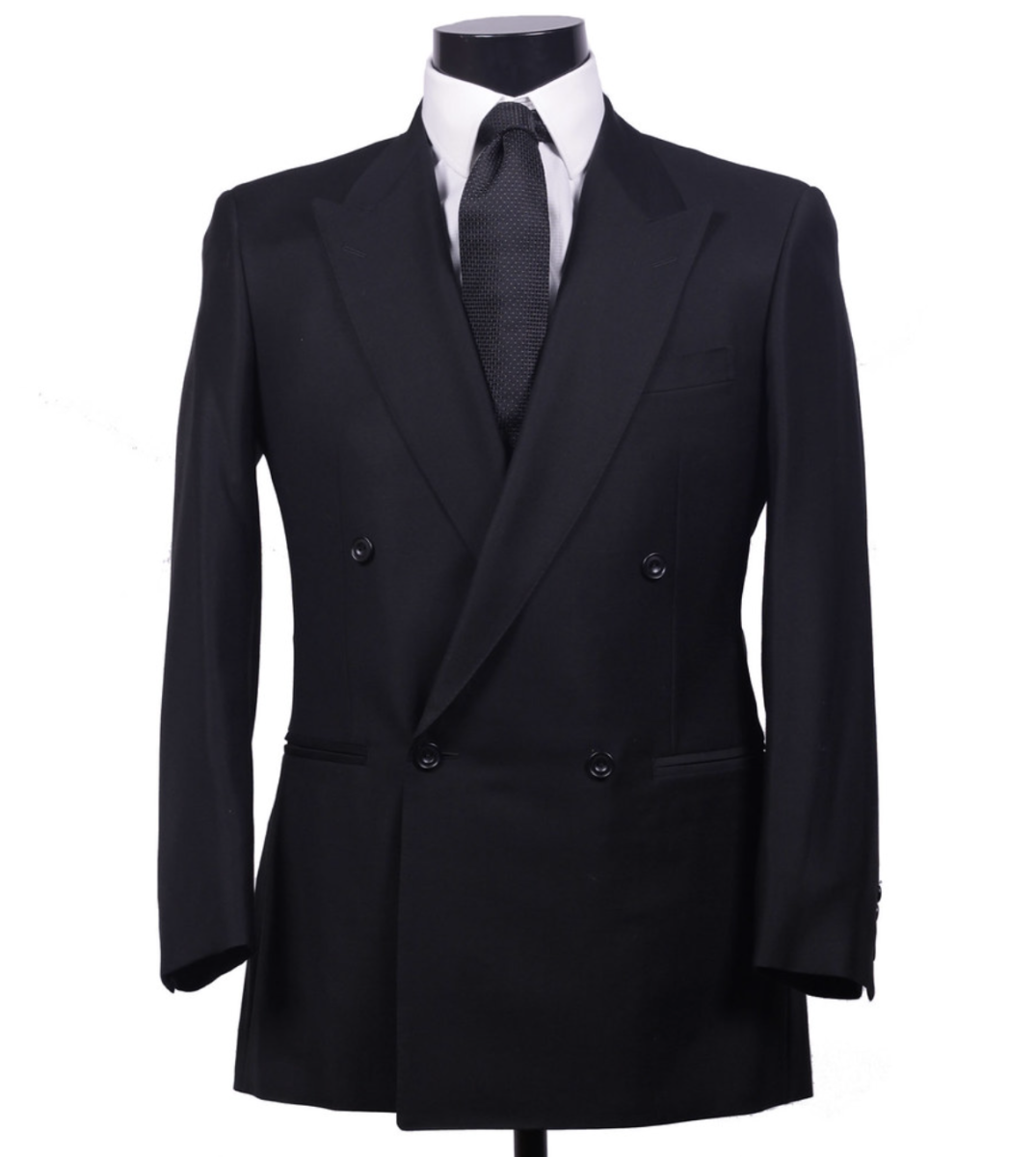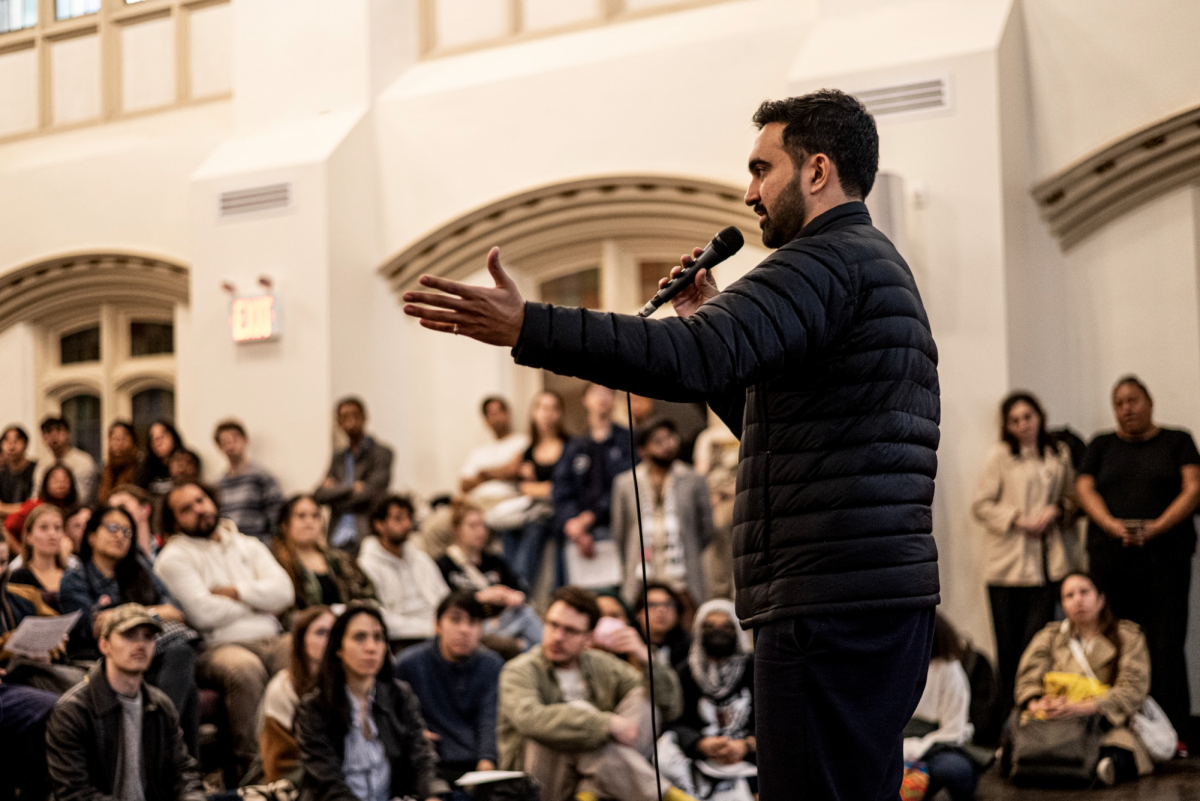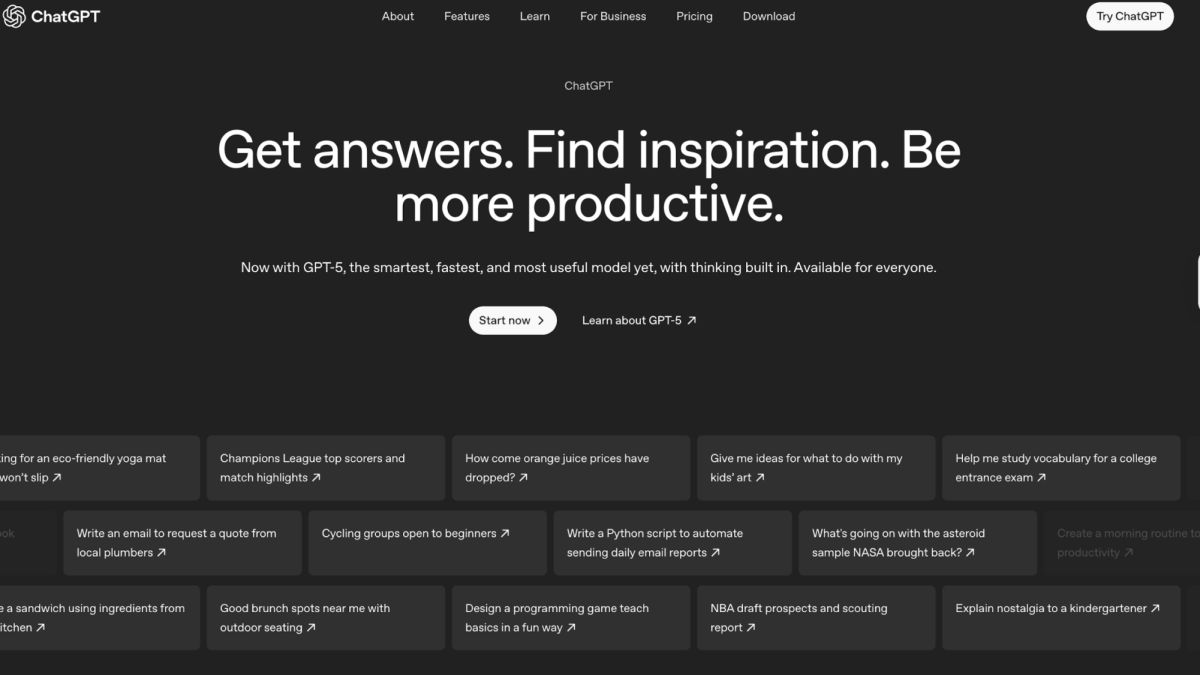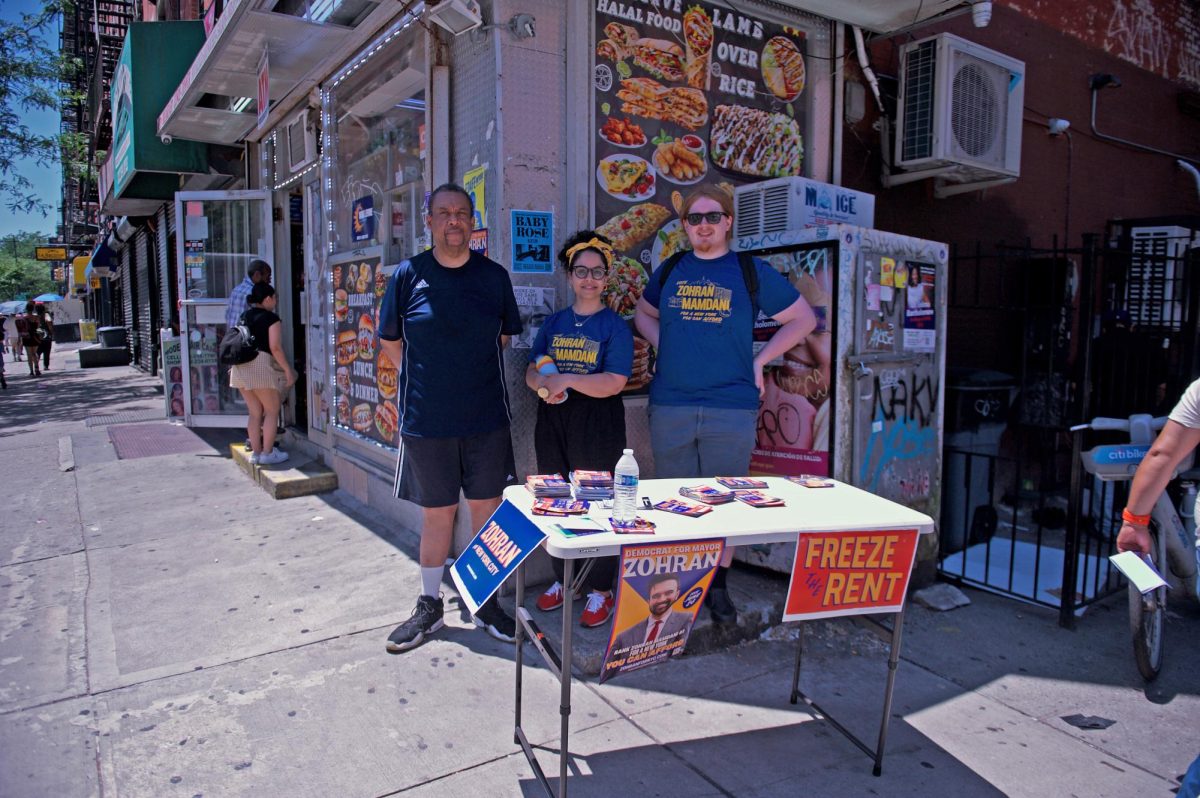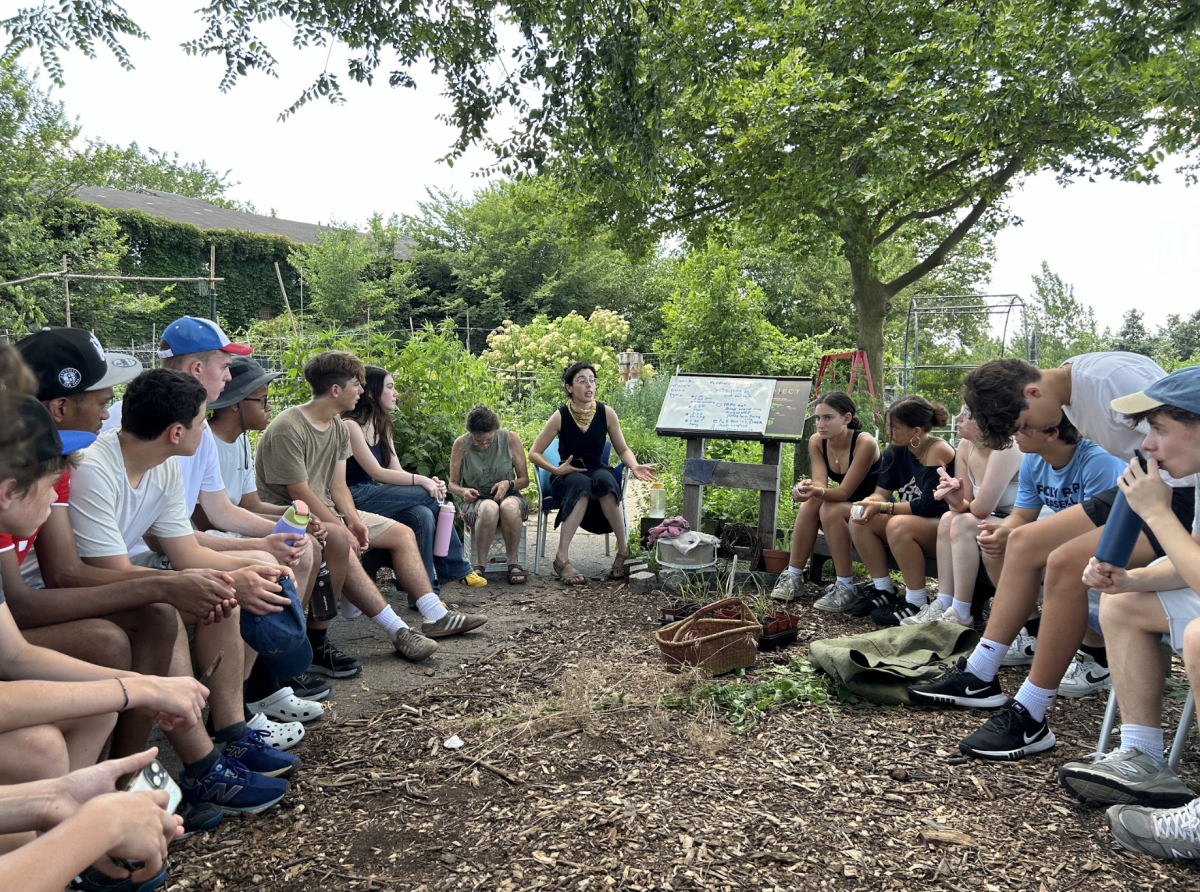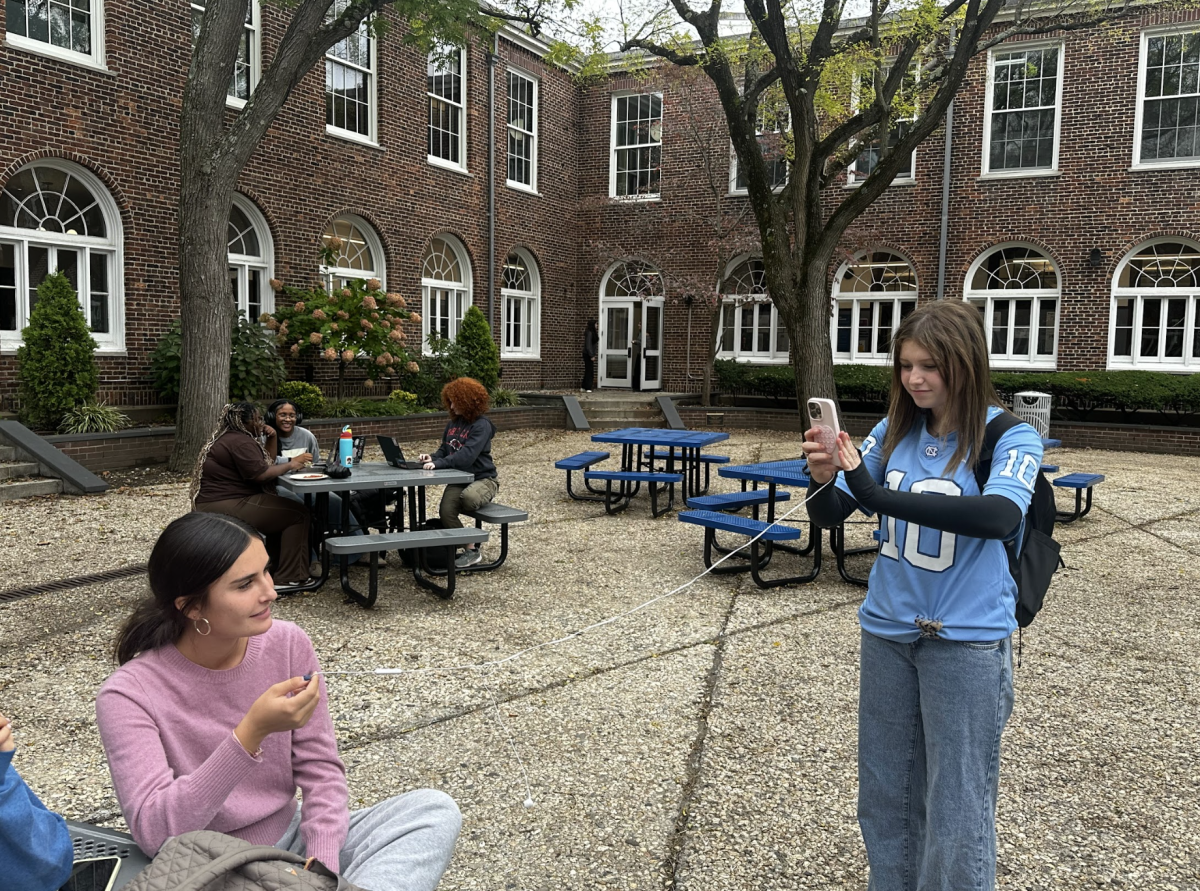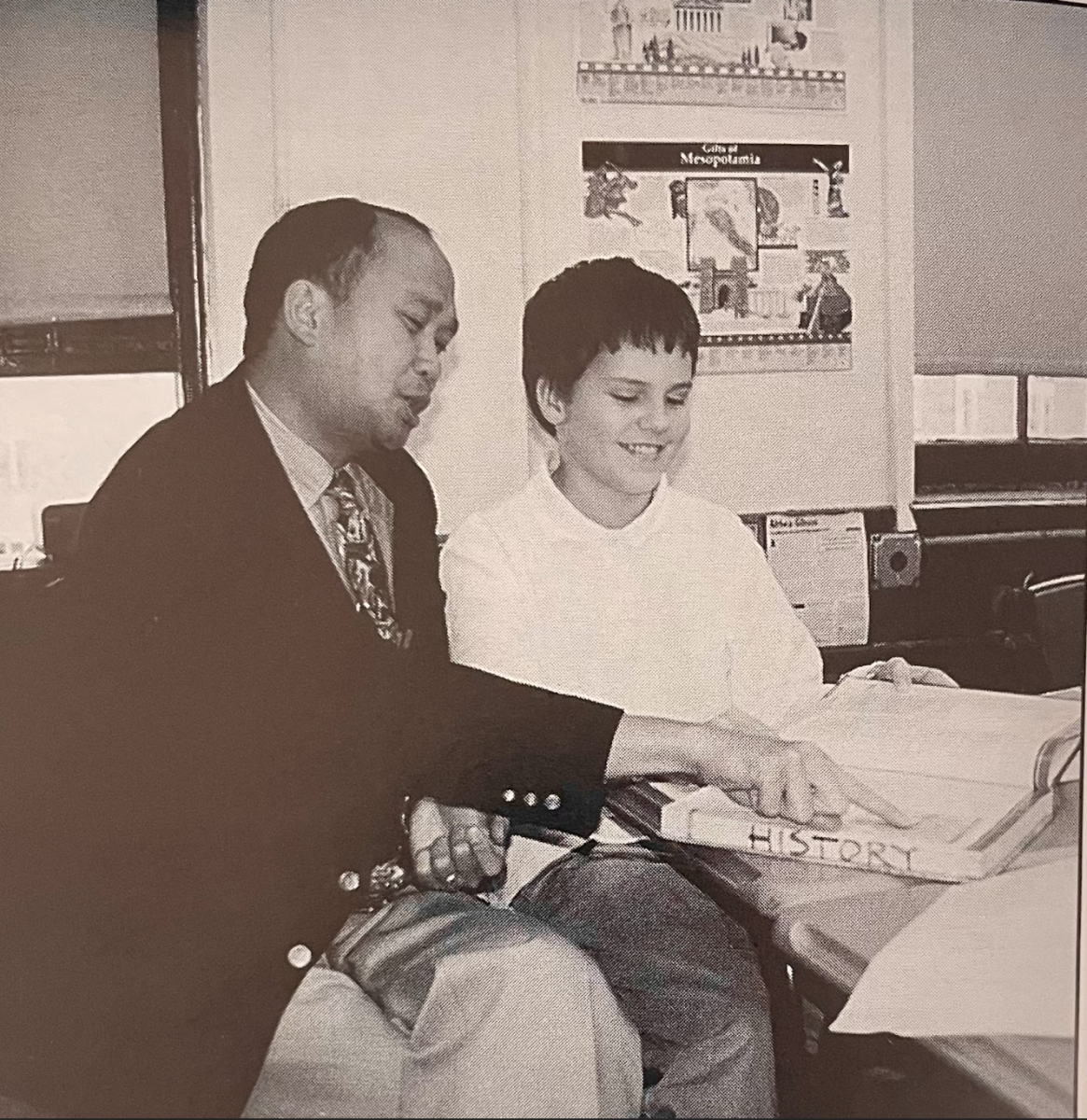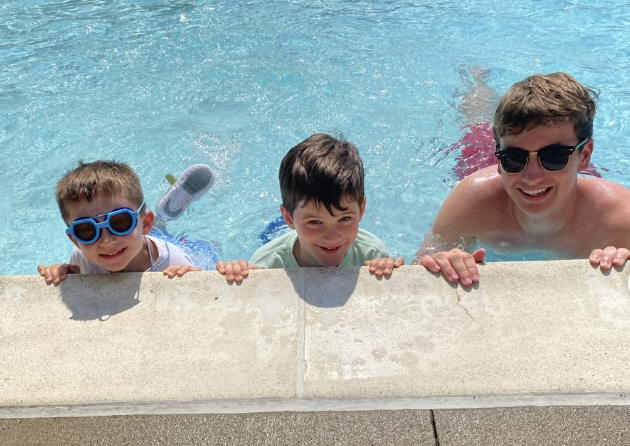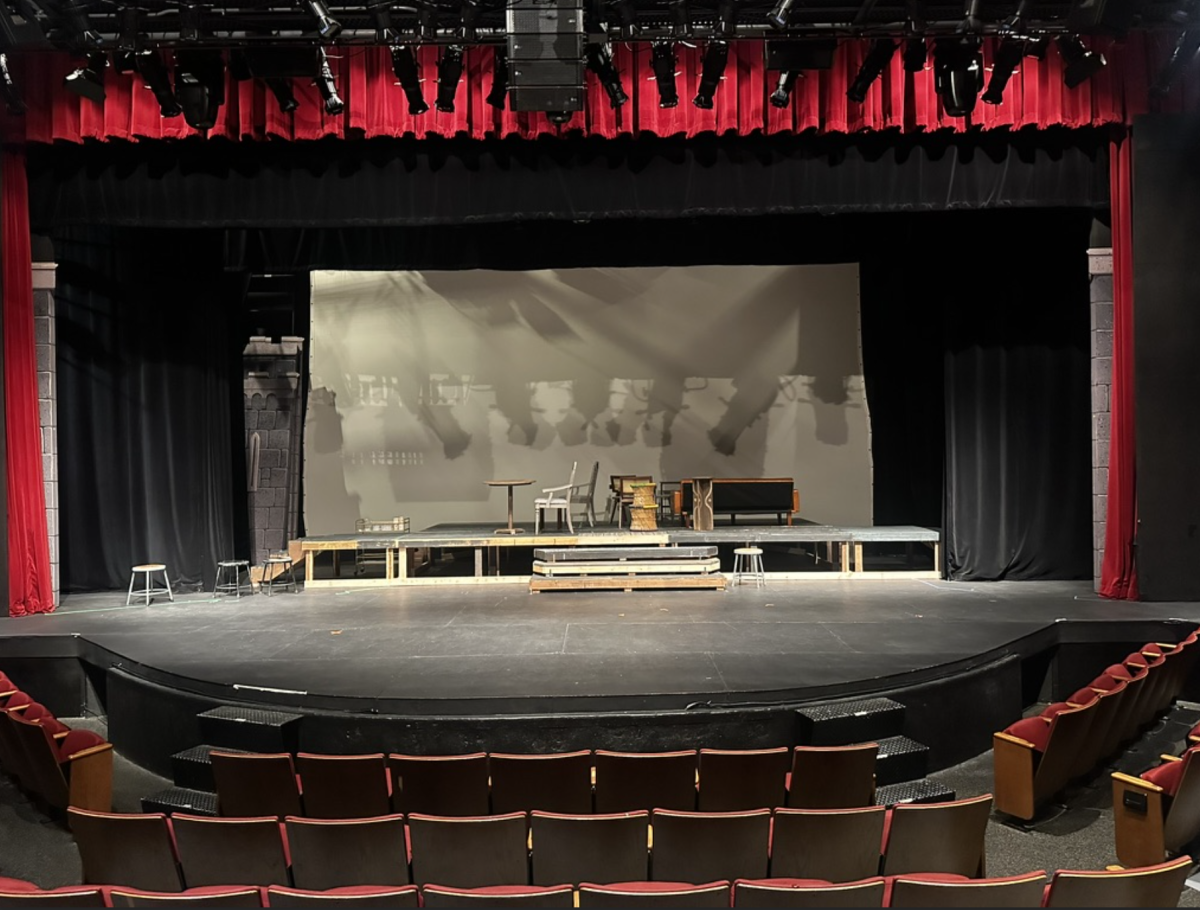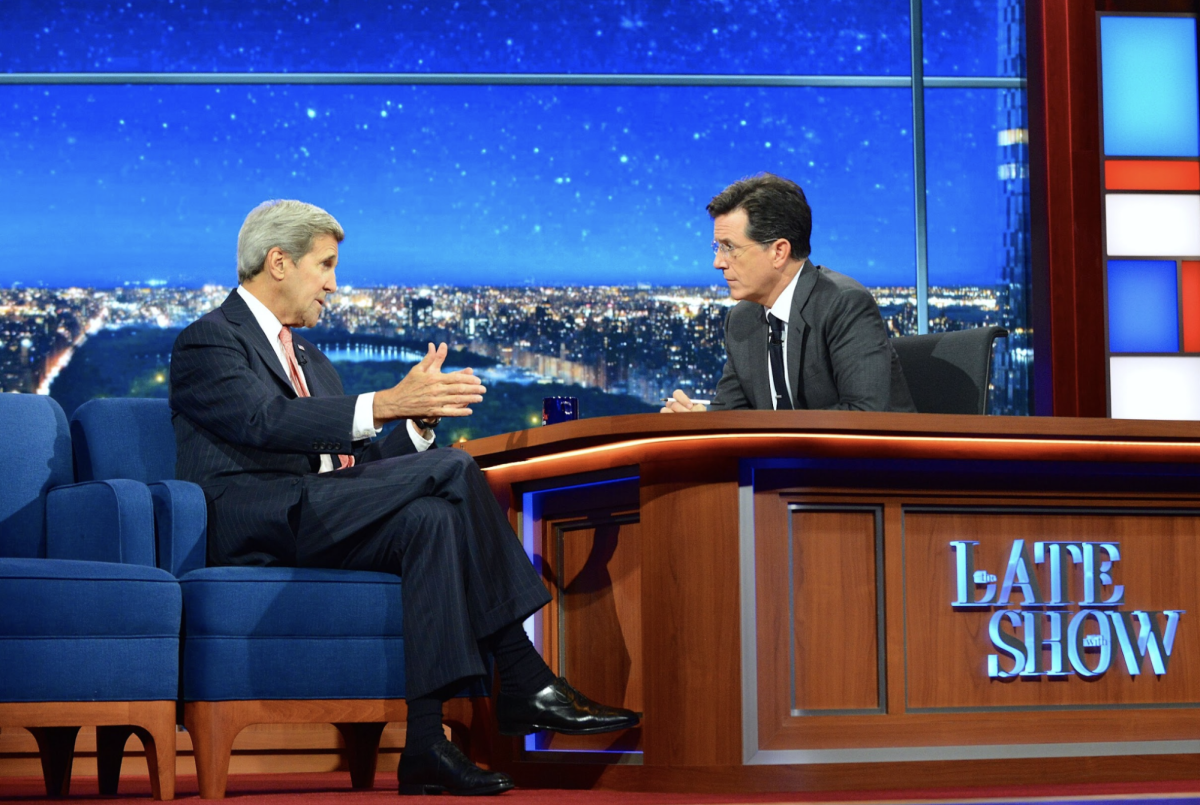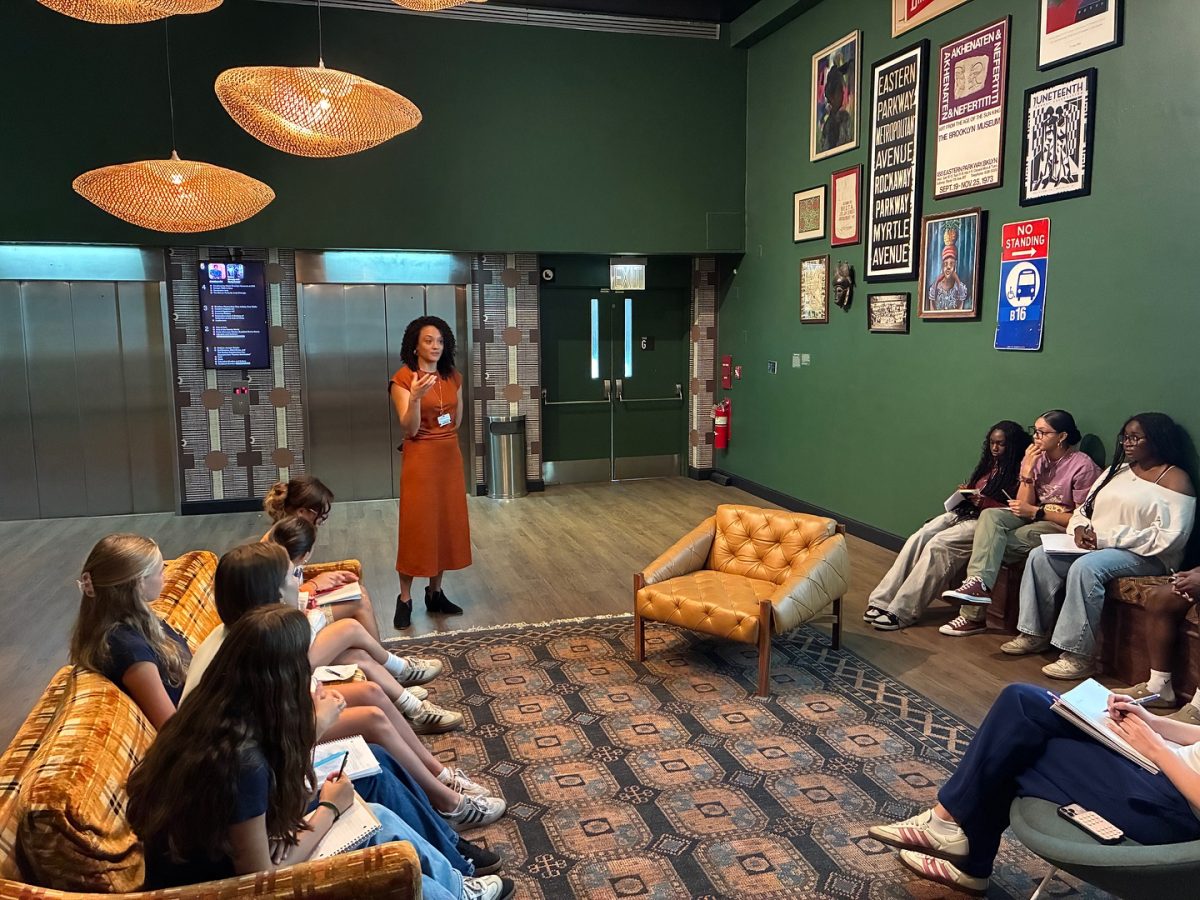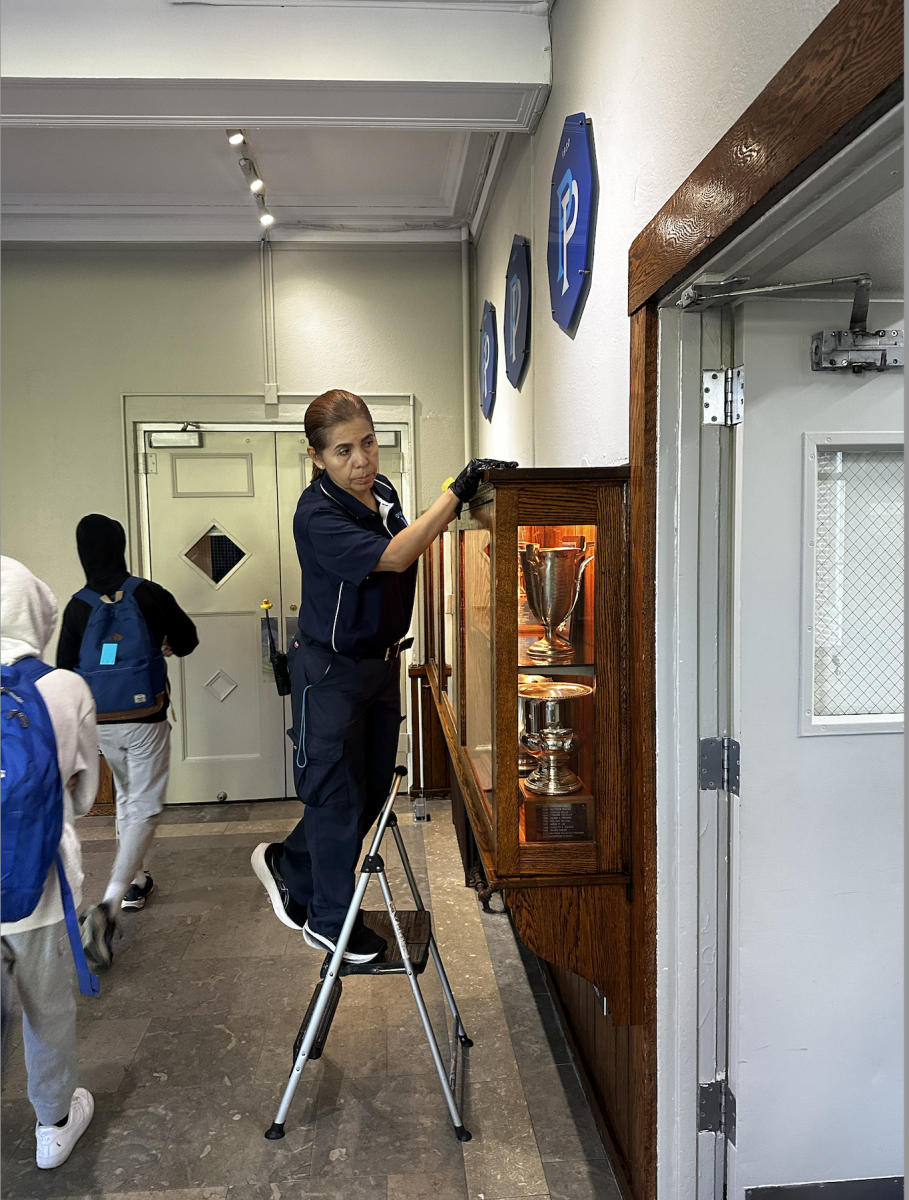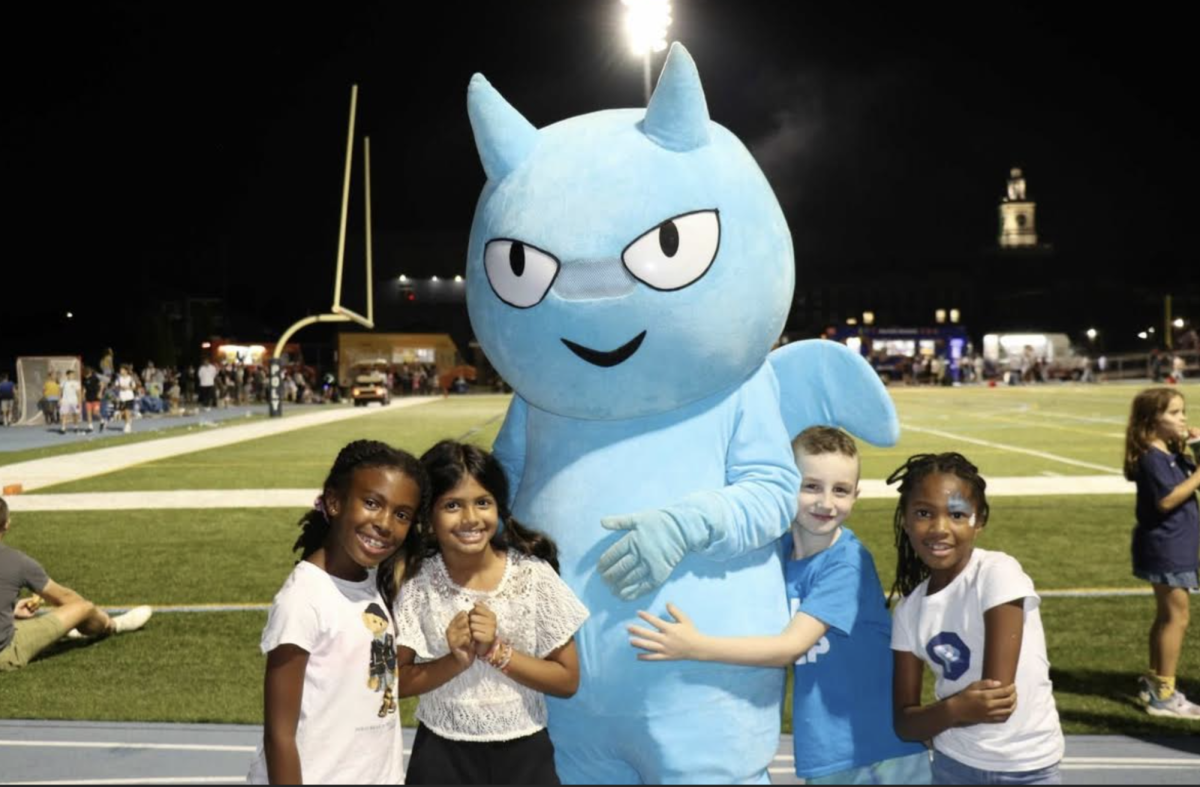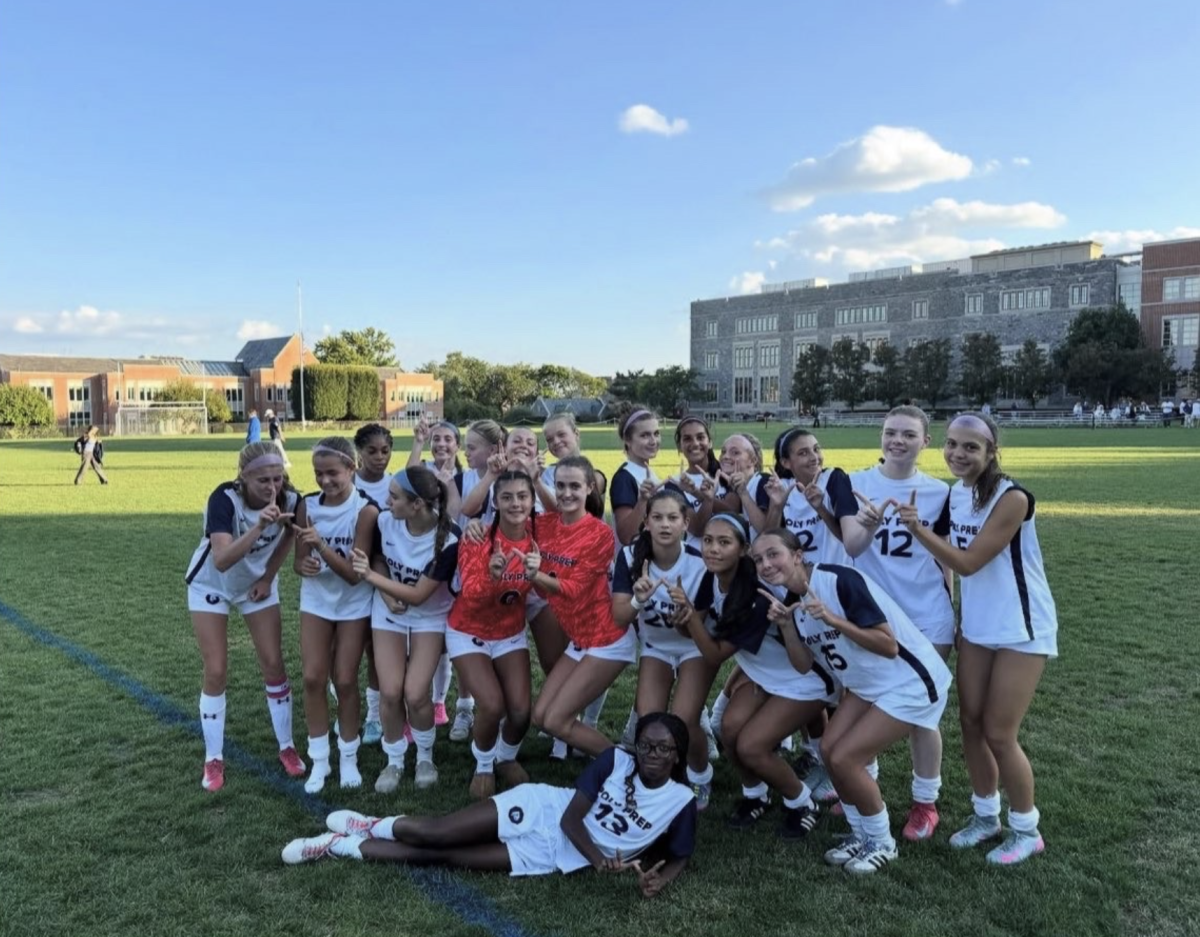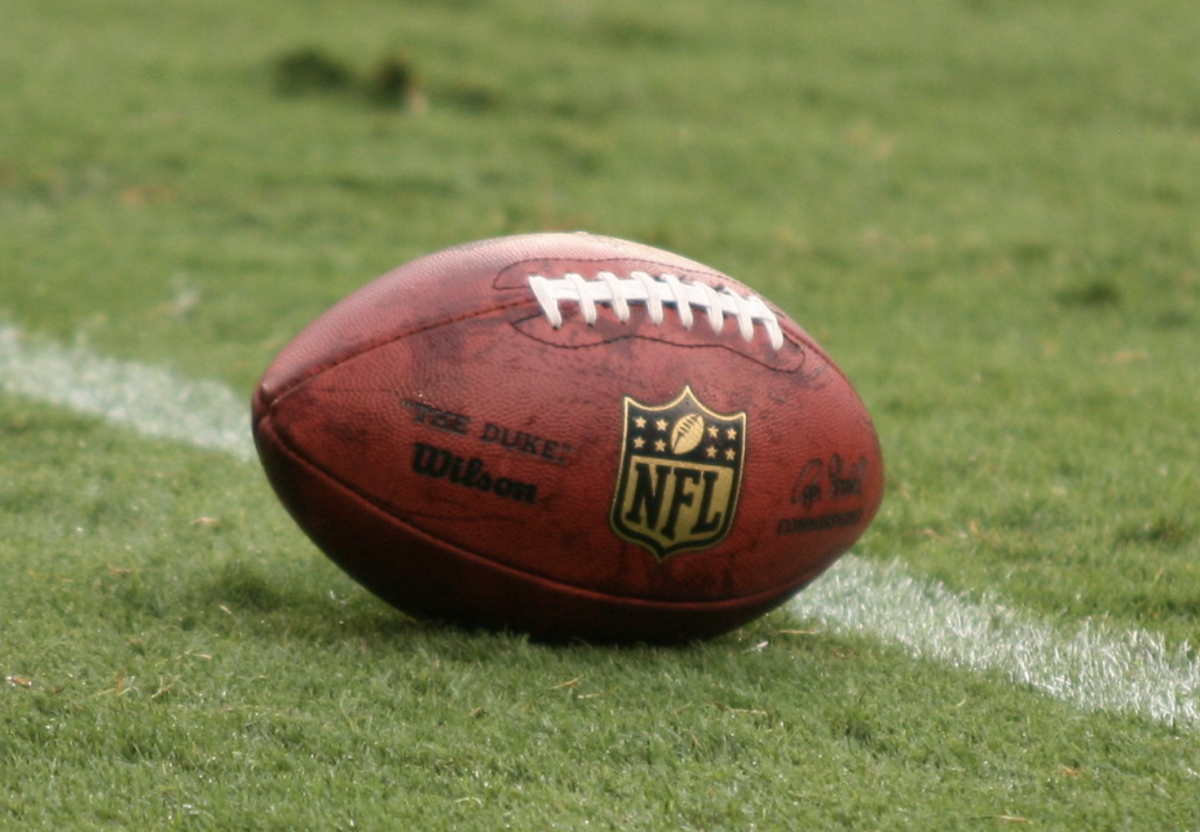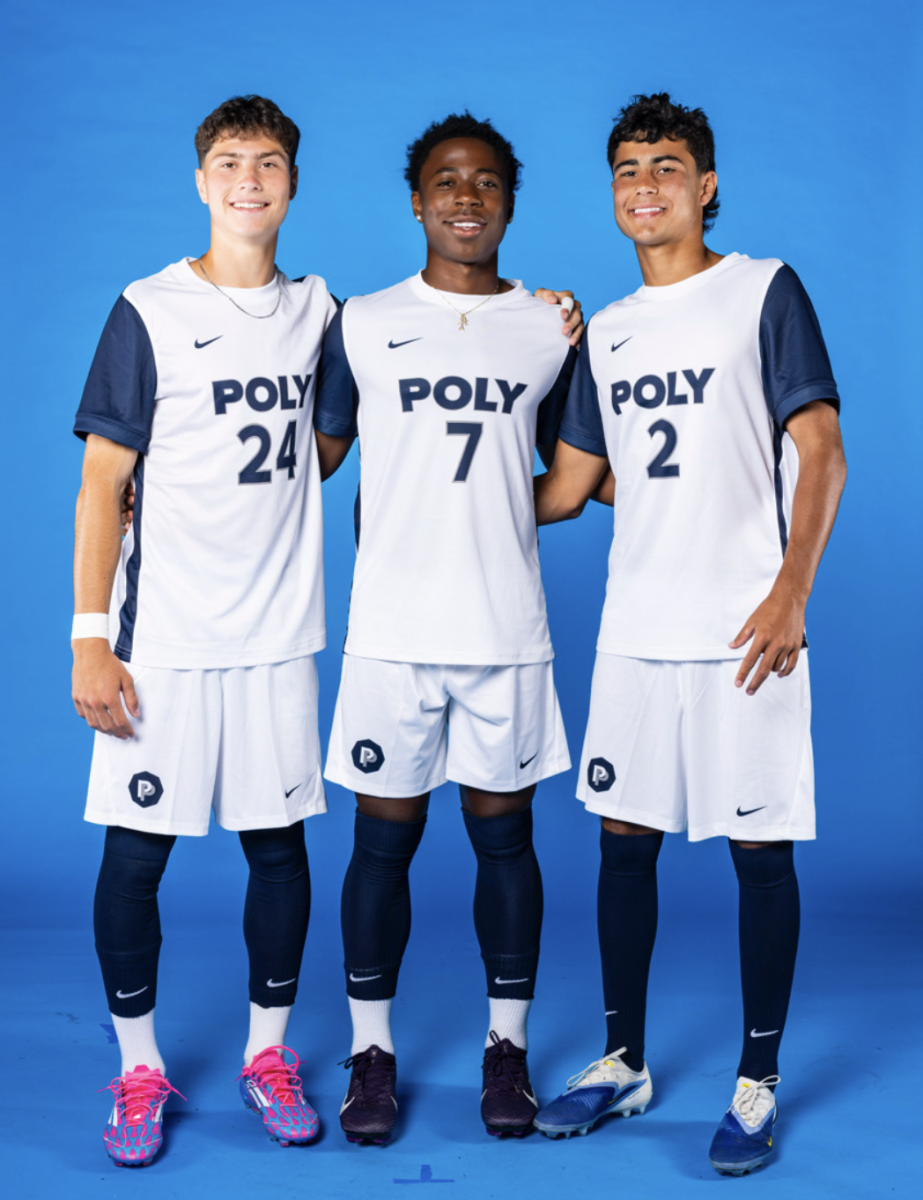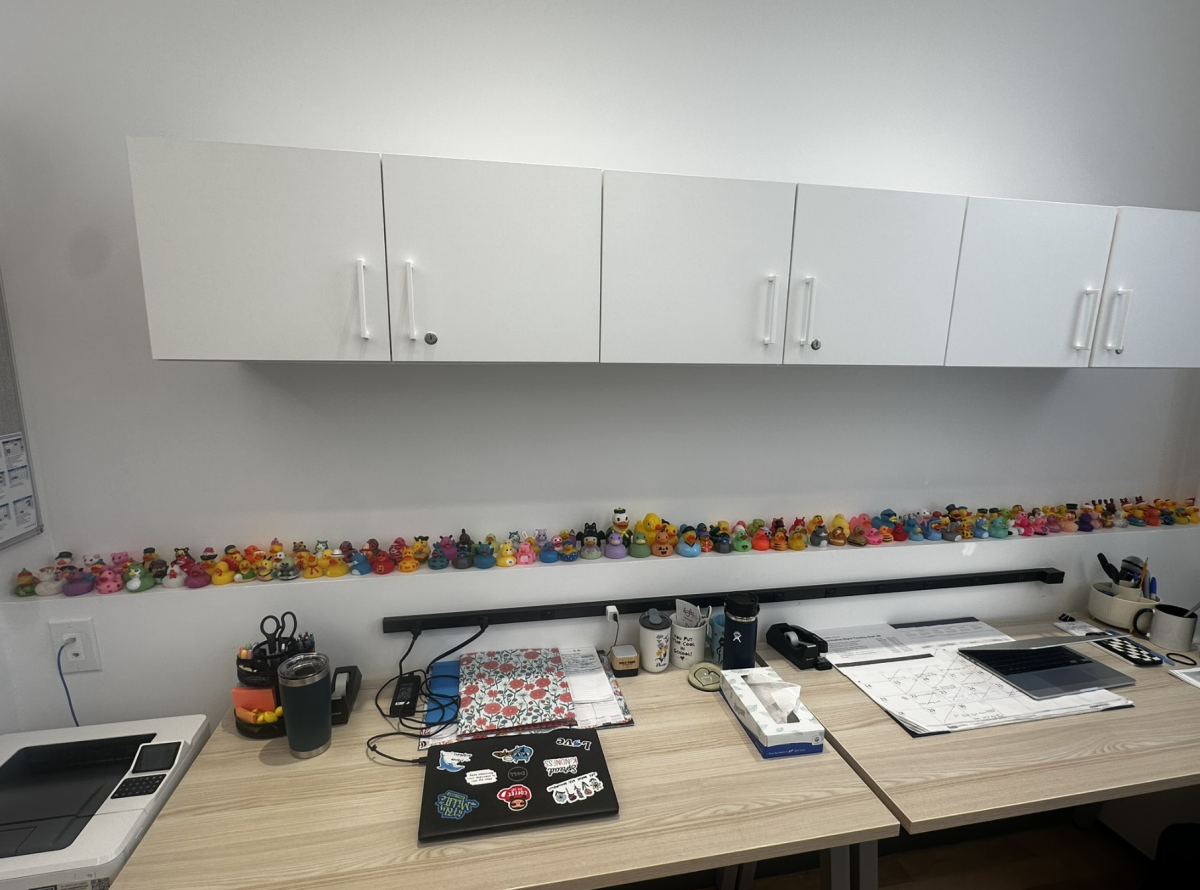Roaming the Poly Prep halls during school, many of the people walking by will be holding an item from Poly’s vending machines, whether that be a mini-bag of PopCorners or a peach Snapple. A visit to the vending machine is an excellent way for students to power through the demanding eight-hour school day, which can even be 10 hours if students stay after school for an extracurricular. What better way to energize tired students than an energy drink? That’s right, the newest addition to Poly Prep’s vending machines is Celsius.
From the delectable-sounding drink flavors to the fruits on the label of the Celsius can, this 12 oz beverage is sure to catch the eye of any Poly student, some as young as ten years old. Celsius also looks especially enticing to some student-athletes who are looking for additional energy for practices and games. Bo Casey ’26 says she drinks “Celsius before [my] soccer games. It gives me more energy to run faster and longer.” Although it carries a punch of energy to power you through the school day or during a game, Celsius is also controversial. Should middle schoolers be able to access it? Should athletes? And what secrets is Celsius hiding behind the glamorous label?
According to John McGee, Poly’s Operations Coordinator, the vending machines at Poly are stocked by an external vendor who makes supply selections following school-selected criteria. Poly’s operations department has given the vendor the liberty to use his best judgment to stock the vending machines with snacks and drinks that fall under these guidelines. The vendor bases his selections on sales data, stock availability, and how often the machines need replenishing, according to McGee.
A student-athlete purchasing a sparkling-Orange flavored Celsius from the vending machines in the Novogratz is a daily sight. However, student-athletes who wish to continue their athletic career at a collegiate level should consider cutting back on their Celsius intake. The NCAA decided to ban Celsius after conducting a study that revealed that one can of Celsius equates to 5 cups of coffee. In addition to the oversupply of caffeine, the NCAA found illegal stimulants in Celsius, such as ginseng, guarana, L-carnitine, and taurine, all of which have been banned by the NCAA and the World Anti-Doping Agency (WADA). So, the student-athletes who consistently grab a Celsius pre-game for ample energy won’t be able to do so once they graduate and begin playing in college. Poly’s Athletic Trainer, Alyssa Alaimo, says, “You don’t want to feel like you’re addicted or need it. If we have athletes who are going to colleges to play their sport, they should start learning now what they’re expected, body-wise, [to do in college].”
In addition to student-athletes, the energy drink marketing targets all students. Large retail stores like BJ’s and Costco specifically advertise their stock of Celsius to college students. These stores will have large displays labeled “back to school” or “stock up for your dorm rooms” with cases and cases of a variety of flavors of Celsius with banned ingredients and extreme levels of caffeine, hiding these facts behind glamorous labels. “Peach Vibe” and “Kiwi Guava” sound like child-friendly refreshing beverages, but in reality contain levels of caffeine that are problematic for athletes and children. According to an article by the American Medical Association, Dr. Kilgore stated that “even in moderate amounts [Celsius] can cause jitteriness and anxiety. [Celsius] can also increase respiratory rate, heart rate, and blood pressure.” It would be peculiar for Poly’s vending machines to hold Red Bull, 111g of caffeine, or Monster, 160mg of caffeine. Yet while these drinks contain significantly less caffeine than Celsius’ 200mg, Poly’s vendors opted for the alluring, higher caffeinated drink.
Celsius’ high caffeine content has significant effects on adolescents. Consuming caffeine in highly-concentrated doses, according to Alaimo, can cause a “growth stunt. [Caffeine] is kind of the main reason that it’s bad for younger kids. [Caffeine] can be a hindrance rather than a positive [for growth development].” In a study conducted by the National Library of Medicine, researchers found that “although [caffeine] produces an increase in brain activity, caffeine consumption hampers children’s growth and development.” On a day-to-day basis, students may only see the benefits of caffeine with tunnel vision, like more energy and the activation of the central nervous system, but in reality, its side effects could be worse than that extra kick a can of Celsius gives you. In addition, Celsius’ list of ingredients contains foreign extracts and dyes that some kids wouldn’t know they are allergic to. Alaimo says, “I feel like nowadays there are so many things that kids are allergic to or intolerant of. We are seeing how many dyes and chemicals are in our food. Why do we need to add something to that?”
Poly’s newest edition to the vending machine may seem perfect for athletes and students trying to make it through the day awake. But think twice before purchasing a Celsius, and don’t fall for the glamorous marketing.


